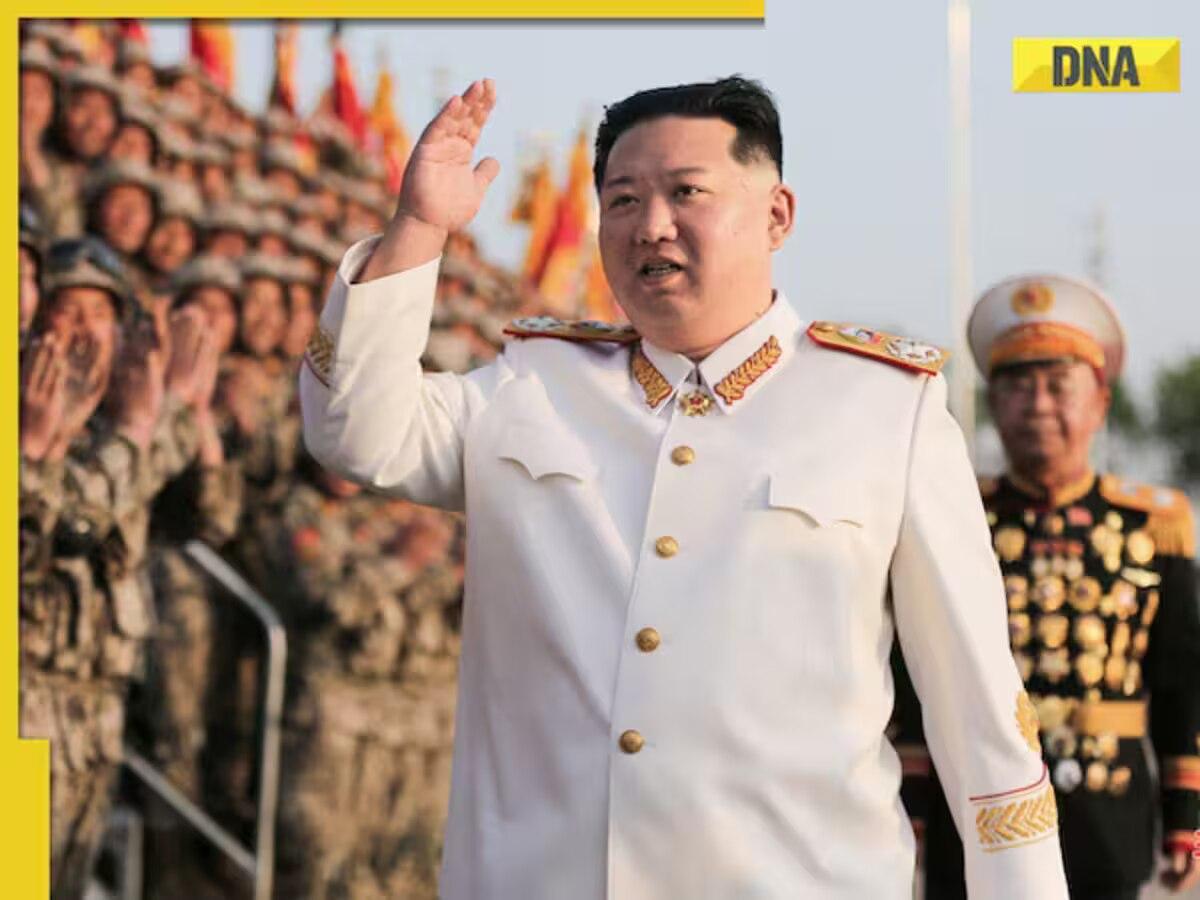
North Korea has reportedly executed as many as 30 children for watching South Korean dramas, according to reports from South Korean media outlets Chosun TV and Korea JoongAng Daily. These claims, however, have not been independently verified.
In a country where information is tightly controlled and the regime maintains an iron grip over its population, such reports paint a grim picture of the extreme measures the North Korean government is willing to take to suppress any form of dissent or unauthorized cultural influence. This marks a stark contrast to its southern neighbor, South Korea, known for its technological advancements and worldwide cultural impact, particularly within the realm of entertainment.
Earlier this year, North Korean leader Kim Jong-Un declared South Korea as the regime’s top enemy, increasing the already high tensions between the two countries. Against this backdrop of hostility, North Korea has intensified its crackdown on any forms of South Korean cultural dissemination, particularly its popular television dramas or K-dramas. These shows are not legally available within North Korea but are often smuggled into the country through illicit means such as pen drives.
The recent executions reportedly targeted middle-school students who were caught watching these banned shows. The severity of the punishment underscores the lengths to which the North Korean regime is willing to go to enforce its strict controls and maintain its ideological purity.
“North Korean authorities exercise severe punitive measures based on three harsh laws that govern the behavior of residents,” a South Korean Unification Ministry official mentioned to Korea JoongAng Daily. These laws are designed to instill a sense of fear and compliance among the populace, deterring any actions deemed subversive or influenced by foreign cultures.
Such brutal measures are not entirely new. The North Korean regime has a long history of employing extreme tactics to quash dissent and control information. Previous reports have documented instances of public executions, forced labor camps, and other severe forms of punishment meted out to individuals who are caught consuming foreign media or engaging in activities considered treasonous.
These actions stand in stark contrast to the wealth of cultural exchange and openness seen in South Korea. K-dramas are renowned for their high production values, intricate storylines, and emotional depth. They have garnered a vast international following, contributing significantly to the cultural export and global branding of South Korea.
.
However, in North Korea, such cultural products are seen as a direct threat to the regime’s narrative and control. The government views the infiltration of South Korean dramas as an ideological contamination that could inspire dissent and a desire for change among its citizens. This perspective is rooted in the broader context of North Korea’s pervasive censorship and isolationist policies, aimed at shielding its population from outside influences.
The reported execution of 30 teenagers for watching South Korean dramas is a chilling reminder of the human cost of such draconian policies. It sheds light on the regime’s ruthless determination to stamp out any semblance of cultural infiltration from its southern neighbor. In doing so, it hopes to cement its grip on power and stave off any potential challenges to its authority.
The international community, including human rights organizations, has long condemned North Korea for its egregious human rights abuses. These recent reports further underscore the urgent need for global attention and action to address the plight of North Koreans living under such oppressive conditions.
While verification of these specific claims is challenging due to the closed nature of North Korean society, the broader patterns of behavior by the regime lend credibility to such reports. The emphasis on maintaining an isolated, controlled environment free from external cultural influences is central to the North Korean government’s strategy.
The broader context of hostility between North and South Korea also plays a significant role in these developments. The North’s branding of the South as its primary enemy adds an additional layer of motivation for such extreme actions. It paints a picture of a regime that views any form of engagement with South Korean culture as an existential threat.
As the world continues to grapple with the complexities of North Korean politics and its impact on regional stability, incidents like these serve as stark reminders of the human consequences of such a repressive system. They highlight the immense challenges faced by those living under the regime and the urgent need for international solidarity and action to help alleviate their plight.
The situation in North Korea remains a pressing issue, one that requires ongoing vigilance and concerted efforts from the global community to address the underlying causes and work towards a more just and humane future for its people.










